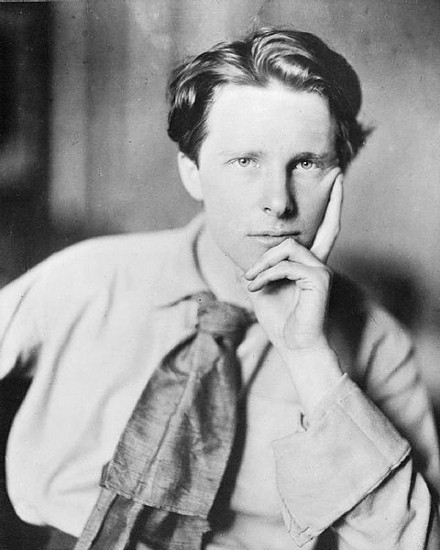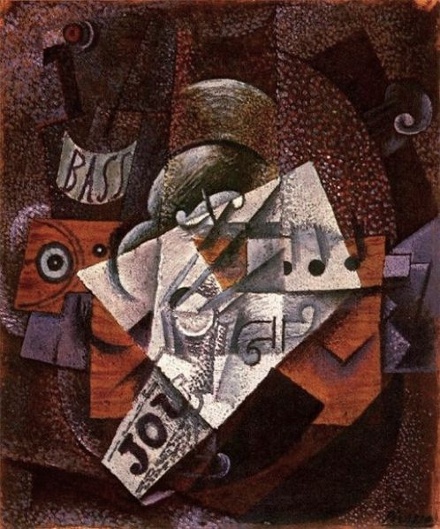Wilfred Owen, selected poems Contents
- Wilfred Owen: Social and political background
- Wilfred Owen: Religious / philosophical context
- Wilfred Owen: Literary context
- Wilfred Owen: 1914
- Wilfred Owen: Anthem for Doomed Youth
- Wilfred Owen: At a Calvary near the Ancre
- Wilfred Owen: Disabled
- Wilfred Owen : Dulce et Decorum Est
- Wilfred Owen: Exposure
- Wilfred Owen: Futility
- Wilfred Owen: Greater Love
- Wilfred Owen: Hospital Barge
- Wilfred Owen: Insensibility
- Wilfred Owen: Inspection
- Wilfred Owen: Le Christianisme
- Wilfred Owen: Mental Cases
- Wilfred Owen: Miners
- Wilfred Owen: S.I.W
- Wilfred Owen: Soldier’s Dream
- Wilfred Owen: Sonnet On Seeing a Piece of Our Heavy Artillery Brought into Action
- Wilfred Owen: Spring Offensive
- Wilfred Owen: Strange Meeting
- Wilfred Owen: The Dead-Beat
- Wilfred Owen: The Last Laugh
- Wilfred Owen: The Letter
- Wilfred Owen: The Parable of the Old Man and the Young
- Wilfred Owen: The Send-Off
- Wilfred Owen: The Sentry
- Wilfred Owen: Wild with All Regrets
The clash of old and new
Romantic nationalism
The language spoken by a race of people, their religion and culture, their customs and the very landscape in which they live all contribute to the idea of Nationalism. British national spirit played a huge role in pre-First World War culture. This wasn’t to do with kings and princes defining nations but with ordinary people taking a pride in what made them special. There was a sense in which folk traditions, stories, songs, food, drink and national stereotypes all contributed to an almost spiritual sense of nationhood.

The Georgian poets captured this in much of their work. Rupert Brooke’s poem, The Soldier, portrays a golden Edwardian culture. Happy to sacrifice himself for his country, he imagines his decomposing English body to be:
Gave, once, her flowers to love, her ways to roam,
A body of England's, breathing English air,
Washed by the rivers, blest by the suns of home.
and refers to the overwhelmingly positive impact of:
Her sights and sounds; dreams happy as her day;
And laughter, learnt of friends; and gentleness,
In hearts at peace, under an English heaven.
Self-determination
For the British, this nationalistic spirit made them secure at the heart of their empire. For others, nationalism increased their desire for self-determinism, rather than being subject to colonial rule. Thus nationalism drove the Irish to long for Home Rule which, when denied to them, resulted in the Easter Rising of 1916. The involvement of men from the British colonies in the sacrifices of war also led them to question the imposition of imperial values and gave rise to a desire to break with the Empire and assert an independent identity.
Modernism
The Victorian era and, to a certain extent, its successor the Edwardian period was a time of stability in terms of what was accepted as the norm. Hierarchies were well established and everyone knew his or her place in society. Religion, politics and the arts were all contained within accepted norms.
Once these values were challenged and change became the order of the day, then the whole establishment became subject to the onset of Modernism. The profound destructiveness of the First World War and its impact on every aspect of life ensured that there was no going back to the safety and comfort of the past.
Modernism was partly a reflection of the dehumanising effects of mass industrialisation and urbanisation. It sought to overturn traditional styles of art and music and writing which no longer seemed appropriate vehicles of modern thinking:
- In literature the Decadent Movement challenged the staid and respectable poetry of the past and the ‘safe’ contemporary verse of the Georgians. Modernists experimented with literary form and expression following Ezra Pound's maxim: ‘Make it new.’
- In music, composers such as Schoenberg rejected traditional concepts of tonal harmony
- In art, Matisse and Picasso turned away from ‘realistic’ three dimensional depictions of perspective. The Cubist movement broke up forms and reassembled them in abstract ways.
 Although the impulse of modernism was apparent before the First World War, that conflict cemented the idea that it was impossible to return to a world of lost certainties.
Although the impulse of modernism was apparent before the First World War, that conflict cemented the idea that it was impossible to return to a world of lost certainties.
